|
Welcome 2019 Pitch Wars mentee hopefuls! I’m thrilled to be back for the third year mentoring MG. In 2017 I mentored MG, but I took a left turn into YA-Land in 2018. I loved it over there, but I’m glad to be back.
But, the chance to maybe sign with an agent is only one of the pros of PW. To me, the best part, is the personalized mentoring experience. Every author that gets selected, regardless of the final outcome, will come out of the experience a stronger writer. They’ll learn valuable skills when it comes to thinking about and executing revision. They’ll learn that immensely important skill of partnering with a creative collaborator. And they'll make friends--lots and lots of writer friends-through this community. And no one will be a bigger cheerleader for you than your former PW mentor. |
a little about me ...
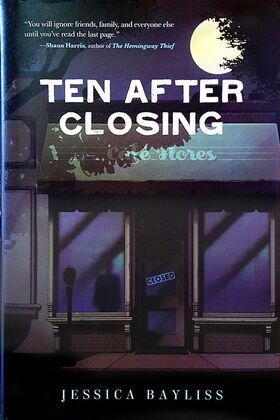
I’m also a senior editor for Allegory Literary Magazine, so I spend a lot of time thinking about story, what works, what doesn’t, and how to build upon a story’s strengths to take it to the next level.
As for my non-writing time, I’m a full-time, licensed clinical psychologist. I work with people every day on figuring out what their strengths are, understanding their barriers & things that limit them reaching their potential, and setting the kind of goals that work. On the education front, I've been teaching and mentoring students (from college to post-grad) for over ten years. One of my mottos is: It’s not about being good. It’s about getting better.
You'll also find, right here on my blog, a series of posts called "It's a Writer Thing." These are full of writerly inspiration and motivation. I draw from the psychology world, applying the concepts to the specific challenges we writers encounter.
here's what my past mentees said about working with me ...
|
“I was so excited to have Jessica select me to be her mentee in 2017. She understood the heart of my story and help me develop the world I had created. Jessica is an expert at helping writers develop character arcs and clarify character motivations. When I began to receive interest from agents, Jessica was essential in helping me navigate those new waters. I can’t imagine what my journey into publishing would have been like without Jessica in my corner.” --Adrianna Cuevas, author of NESTOR'S GUIDE TO UNPACKING (5/2020) and 2019 Pitch Wars mentor
"Having Jessica as my mentor in 2018 was invaluable for me and my manuscript. She was incredibly enthusiastic about my most favorite parts of the story, and that shined through in her feedback. Jessica is fabulous and knowledgeable about the genres she works with, and I'm so glad to have had the opportunity to work with her!" -- Author Samantha Eaton. |
my mentoring style ...
|
My mentoring style remains the same as in the last two years Here’s what you can expect if I choose you to work with:
- Kindness and honesty. I’m the person who’s not afraid to tell you that you have broccoli in your teeth (and if I do, PLEASE tell me, okay?), but learning should never be punitive or shaming. You can expect a collaborative experience where I’ll tell you all my thoughts, but work with you to make your book the best it can be no matter what. - When I read your book, I’ll be looking to understand the book as you envision it, then work with you to further hone the things that are already working well and identify places where you can bring out the heart of your vision even more. - Once I’ve read the whole thing, I’ll send you an edit letter with all my thoughts. I’ll give you some time to read through it, then we can communicate about it (video chat, phone, email—whatever) and come up with a solid revision plan. - Once you complete your revisions, I’ll read through the book again. - We’ll pay extra attention to your first chapter and your query; I’ll also do a line edit of your first 50 pages, and then you can take those suggestions and carry them through the rest of the book. |
what I'm looking for ...
- Voice, voice, voice.
- I’m a better fit for upper middle grade, and I’d be especially interested in stories set just before the 8th grade to HS transition (though not a requirement).
- My number 1 request is some good MG horror or anything creepy/scary/eerie.
- I’m also looking to see contemporary books full of thrills.
- My favorite type of horror is paranormal/supernatural, so bring on your ghosts and demons.
- Witches in contemporary settings are great too.
- I’m a SUCKER for a haunted house story. (My secret ambition is to write the world’s best haunted house book, but if you beat me to it, send that bad boy over here please.)
- I’ll take my horror with a dose of silliness or keep it straight. I love HECK, WHERE THE BAD KIDS GO (by Dale E. Basye and Bob Dob) and THE MONSTER SQUAD, so feel free to send me your humorous horror.
- I’m open to MG horror with a more literary vibe too, like A MONSTER CALLS (by Patrick Ness and Siobhan Dowd).
- I’m all about seeing creepiness in the mundane, so more subtle stories are very welcome (e.g., DOLL BONES by Holly Black).
- Adventures and thrillers? Yes, please. Something like STRANGER THINGS or THE GOONIES for MG would be great.
- Scavenger hunt stories would be fun (especially if there’s a creepy element).
- I’m a sucker for kids getting stuck somewhere and having to survive something (lost in the woods, stranded on a desert island, accidentally locked up somewhere—OMG, if they’re accidentally locked somewhere and there also happens to be a ghost or monster, that book is for me. Clearly there’s a theme here.).
- I will take fantasy if it’s rooted in the contemporary world.
- I’m open to some SCI-FI, but again, rooted in the contemporary world.
- Detective stories, especially with humor. My favorite movie of all time is CLUE. If you’ve written CLUE for MG readers, I wants it …
what I'm not looking for ...
- Quiet books. I’m a genre girl, so I’m looking for books with thrills and scares.
- Pure contemporary. I love these books (think BFF BUCKET LIST by Dee Romito, SHOUTING AT THE RAIN by Lynda Mullaly Hunt, or THE HOUSE THAT LOU BUILT by Mae Respecio), but I’m NOT looking for that this time around.
- High fantasy.
- No vampires or werewolves (UNLESS it’s a silly take on the trope.)
- No space stories.
- No dystopians, please.
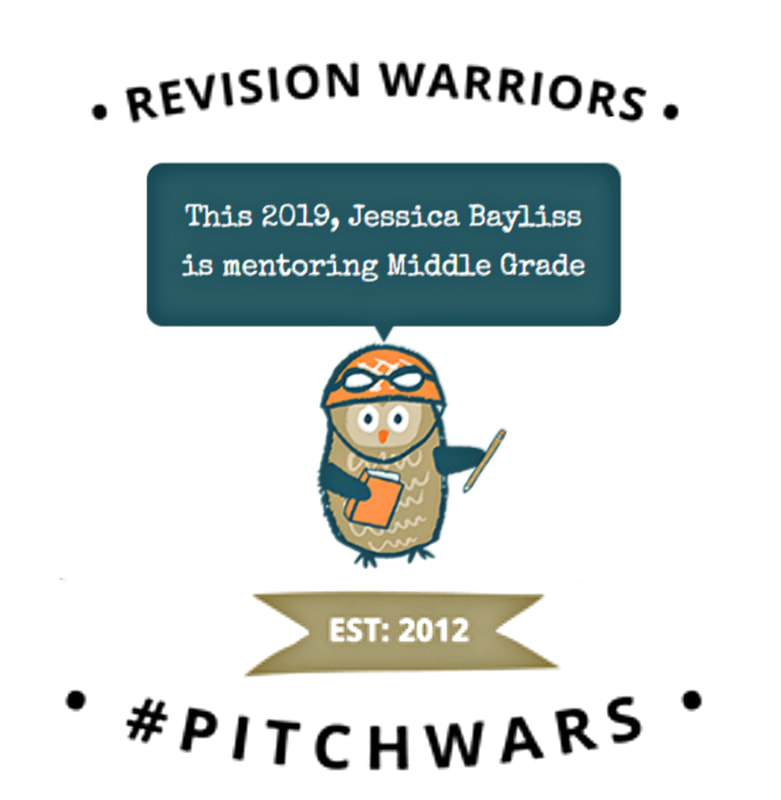
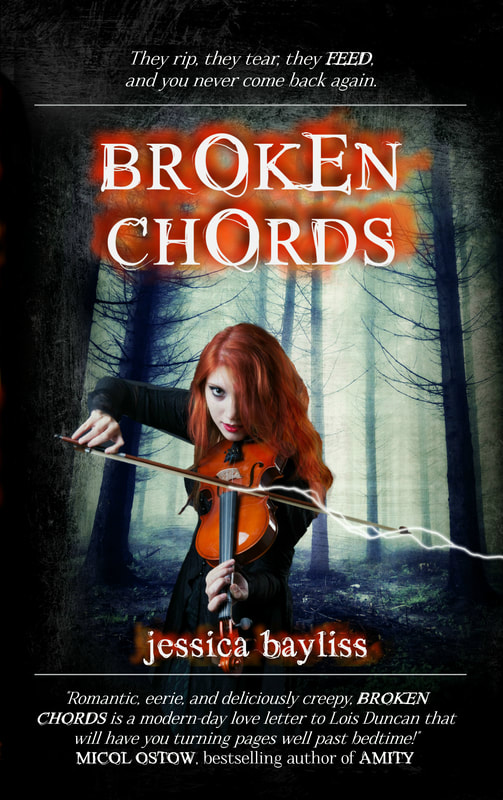
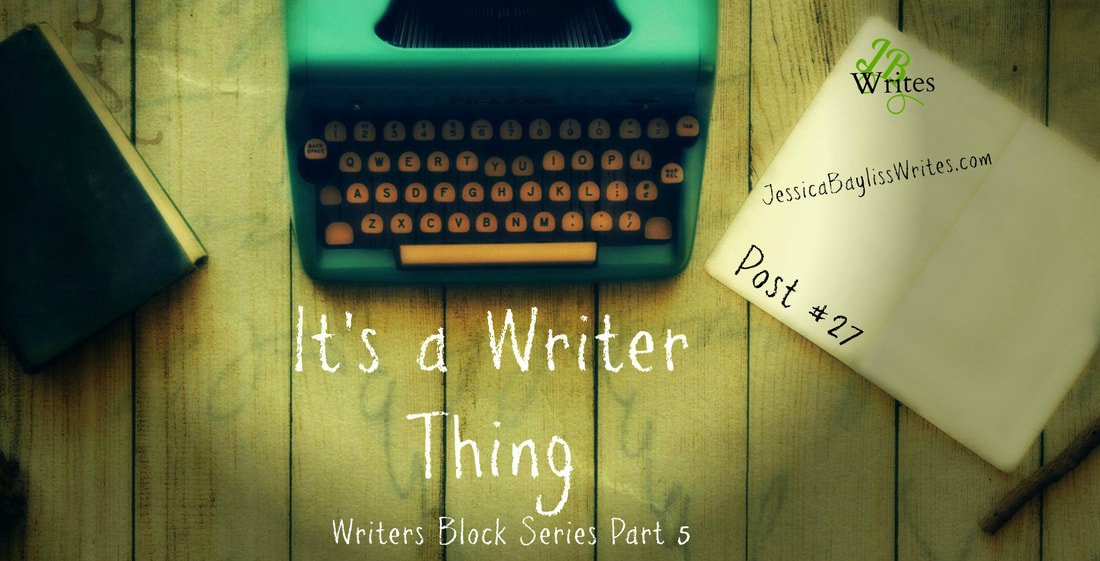
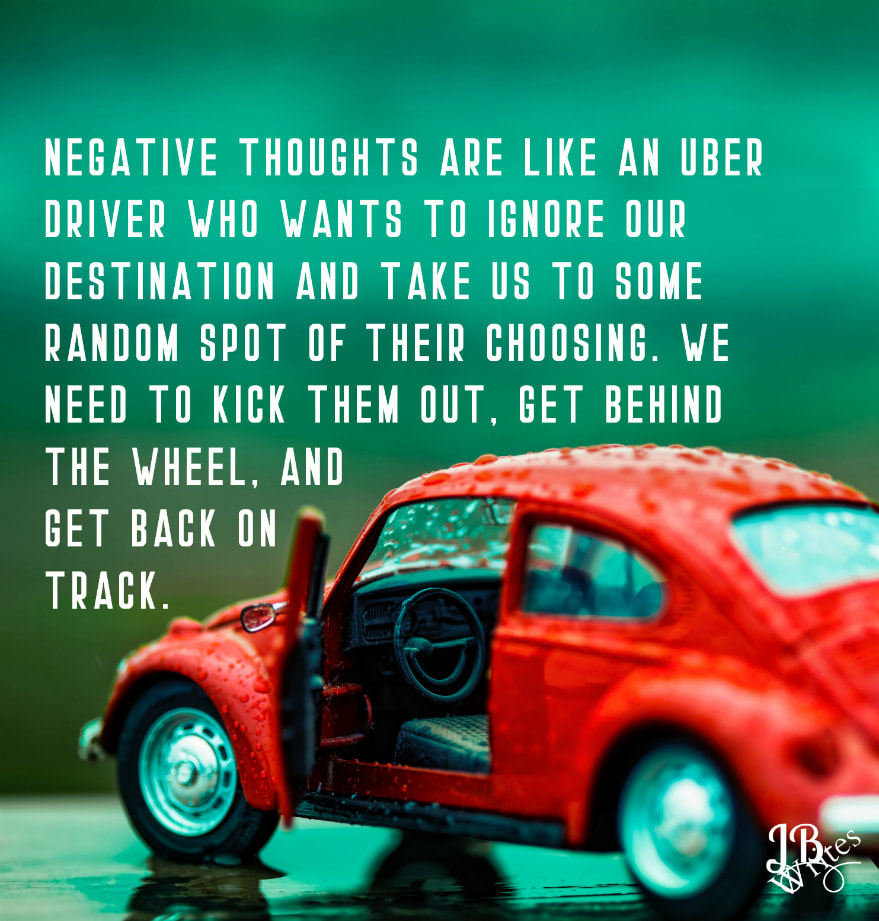
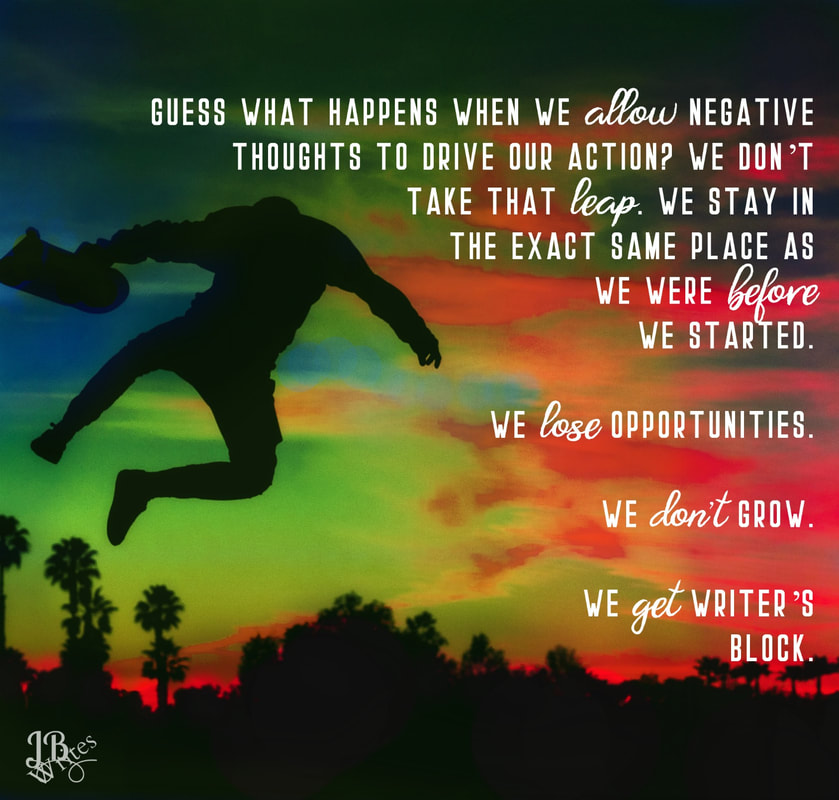
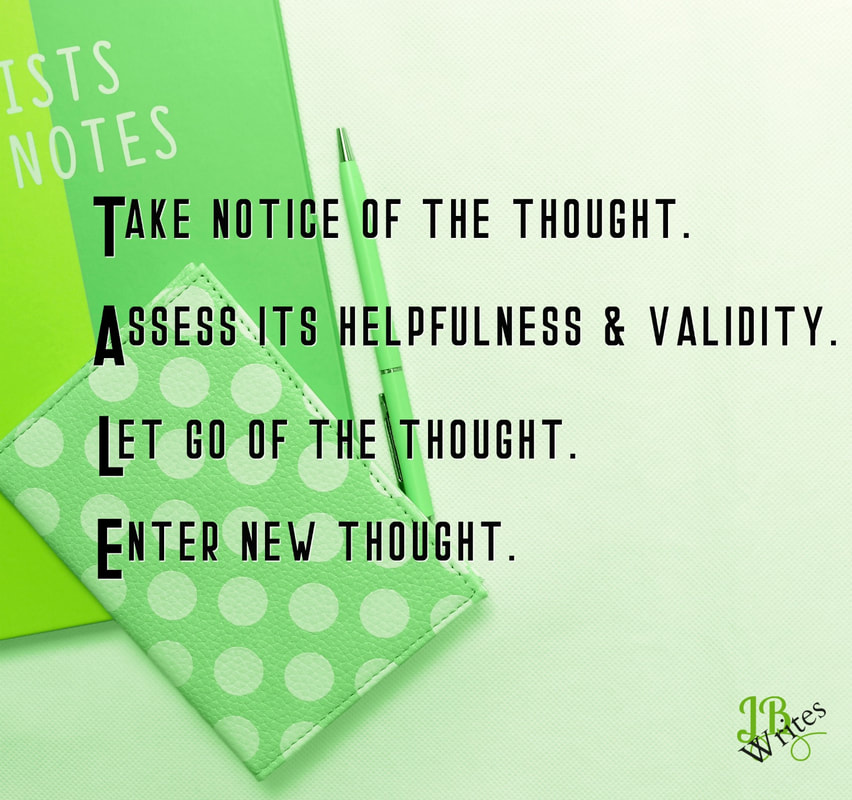
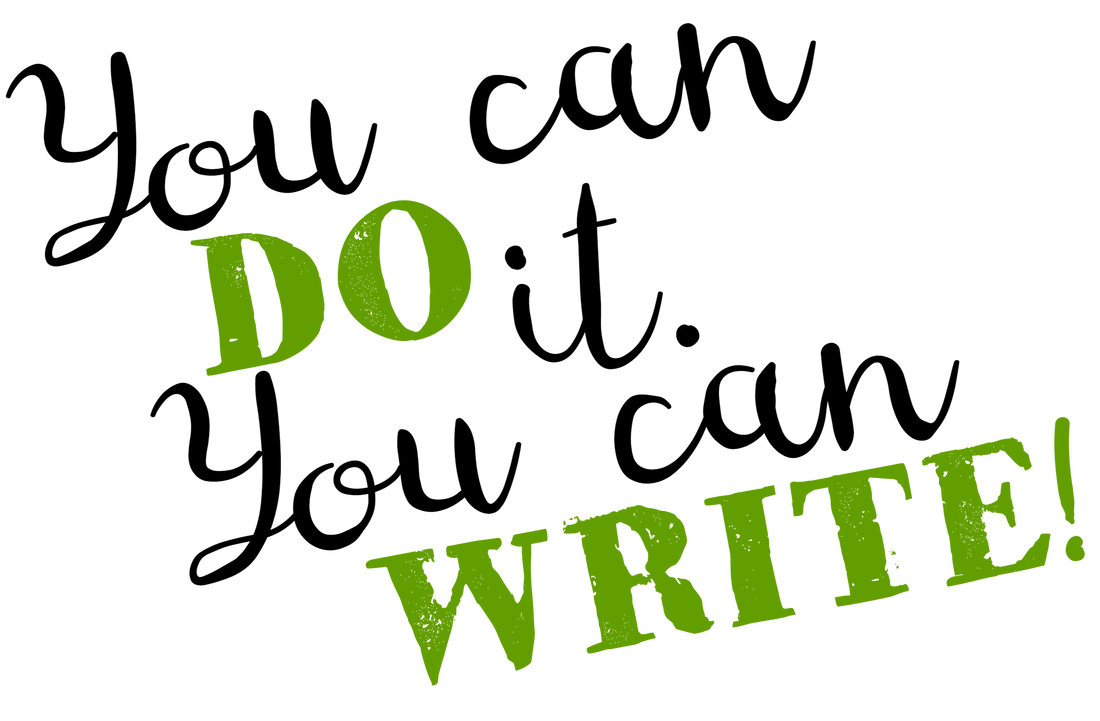
 RSS Feed
RSS Feed
